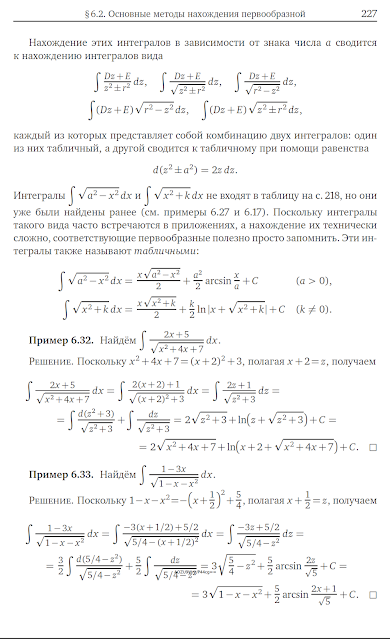POWER LINE NOISE SUPPRESSION USING
N-PATH NOTCH FILTER IN ECG SIGNAL
ACQUISITION
Author:
Khilda AFIFAH
Supervisor:
Prof. Nicodimus RETDIAN
A thesis submitted in fulfillment of the requirements
for the award of the degree of
Doctor of Engineering
Shibaura Institute of Technology
2020/September
Abstract
POWER LINE NOISE SUPPRESSION USING N-PATH NOTCH FILTER IN
ECG SIGNAL ACQUISITION
by Khilda AFIFAH
Bio-sensing activities such as electrocardiogram (ECG) and electroencephalography (EEG) are challenging to obtain high-quality electrical signals because biomedical signals have small amplitude and low frequency. When performing a biomedical signal acquisition, common-mode noise such as power line interference appears
near the desired biomedical signal. It has made a problem when the power line
interference has amplitude higher than the primary signal.
Common-mode noise reduction has been recognized as important research. The
driven right leg (DRL) circuit was significant and effective to suppress commonmode noise. However, in the actual ECG measurements using DRL circuit, sometimes noise still appears at the output and mismatching in the electrode impedance
makes an impact to convert common-mode noise into a differential input voltage.
The body in DRL circuit is expressed as a single node and cannot be used to simulate the effect of the electrode impedance mismatch. Therefore, a new body model is
needed to be able to analyze the effect of electrode impedance mismatch and other
problem with common body model.
The proposed DRL circuit is an improved circuit from common DRL circuit. The
first improved DRL circuit, biomedical signal is expressed by current source in parallel with electrode impedance. The simulation results of improved circuit show mismatch between right and left electrode impedance makes noise appears at the output signal. The common human body from DRL circuit represented skin-electrode
impedance as a single node. The second improved circuit, the skin-electrode impedance
is expressed by resistance and stray capacitance are on each electrode. The simulation results of this improved circuit show the proposed circuit achieved smaller noise
when stray capacitance in the arm and right leg are the same. Combination between
proposed human body model and DRL circuit achieved output of the circuit is noise appear in the output signal. Therefore, human body model with DRL circuit still
need another filter to get high quality biomedical signal (noise free signal).
The other techniques to suppress common-mode noise have been proposed by
using digital and analog notch filters. The technique to suppress common-mode
noise used a digital notch filter, but it requires an analog front-end with a wide
dynamic range since the noise contaminated input signal need to be converted to
digital signal. The techniques with analog notch filter such as conventional Npath notch filters have disadvantage because these techniques require 3GΩ switches
off-resistance and 18 paths to reach notch depth target. The problem to implement previous N-path notch filter is the difficulty in implementing switch with offresistance. On-chip implementation of the system is also a challenge in the realization of portable ECG devices because the notch filter has a large time constant in
which requires large capacitance and high resistance.
Two topologies of N-path notch filter with leak buffer circuit have been proposed. The proposed N-path notch filters are Topology 1 and Topology 2. Topology
1 and Topology 2 achieved notch depth of 62.4dB and 63dB in measurement results
with sampling frequency 50Hz, even if the proposed circuits use less number of path
and small of switches off-resistance. Topology 1 and Topology 2 are verified using artificial ECG signal with 2Hz which is contaminated by power line interference
with frequency 50Hz or 60Hz. Experiment results show that the proposed circuit
significantly reduces the power line noise.
VIEW FULL THESIS:

.gif)



























